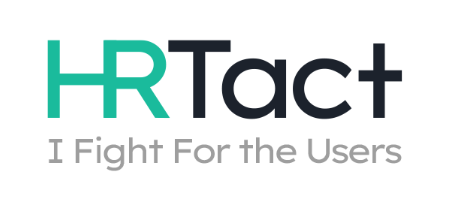- Productive communication is the most asked for skill in the work place. Managers request it for their employees. Employees request better communication from managers and colleagues.
- As STEM jobs increase and a focus on technical skills in an increasingly tech environments we’re seeing a lack of communication ability. Much of these has to do with a shift in how we communicate (email, Slack, teams, text, etc.).
- More and more companies recognize that small teams are innovative and agile and able to do more than lone employees or large groups. Project teams (especially in tech world) are increasing and the need to be able to communicate effectively is necessary.
- Put simply, the more we talk and communicate with those different than us, the more we are able to understand our differences. Understanding opinions, thought processes and justifications for actions helps us to relate and empathize – we makes it easier to navigate relationships.
- Accenture Strategy published a report (2016) on the disconnect that digital has caused in customer engagement, calling for companies to “re-calibrate their investments between traditional and emerging digital channels” Or rather asking for there to be more of a mixture of human and digital. Humans are fed up with what researchers call “human-less customer service.” And that even digitally native consumers crave personal communications.
- Physical touch and in person communication is still craved, because research on shaking hands has shown that people “feel” more comfortable, more open to discussion, cooperation, or negotiation and are less likely to think someone is lying when shaking their hands.
- A 2004 study on “The Mirror-Neuron System” when you see a person take some action, your brain fires up the neurons associated with the same action. So when someone smiles, you tend to smile too. We’re hardwired to interact this way.
- We pay attention more when we have face to face interactions. In a 2010 White paper, people pay better attention more in face to face meetings than in phone conferences and even video conferences (where we attempt to “multitask”).
Nicholas Christaski (a Yale sociologist and author of Blueprint: The Evolutionary Origins of A Good Society) talks about the “social suite”:
“a crucial set of capacities we have evolved over hundreds of thousands of years, including love, friendship, cooperation, and teaching… these traits remain remarkably consistent throughout the world, regardless of whether a population is urban or rural, and whether or not it uses modern technology.”
While technology increases, innovations did not (and will not) change the fundamental aspects of human behavior. Managers (and employees) will continue to need communication skill training regardless of how technologically advanced the world becomes.


